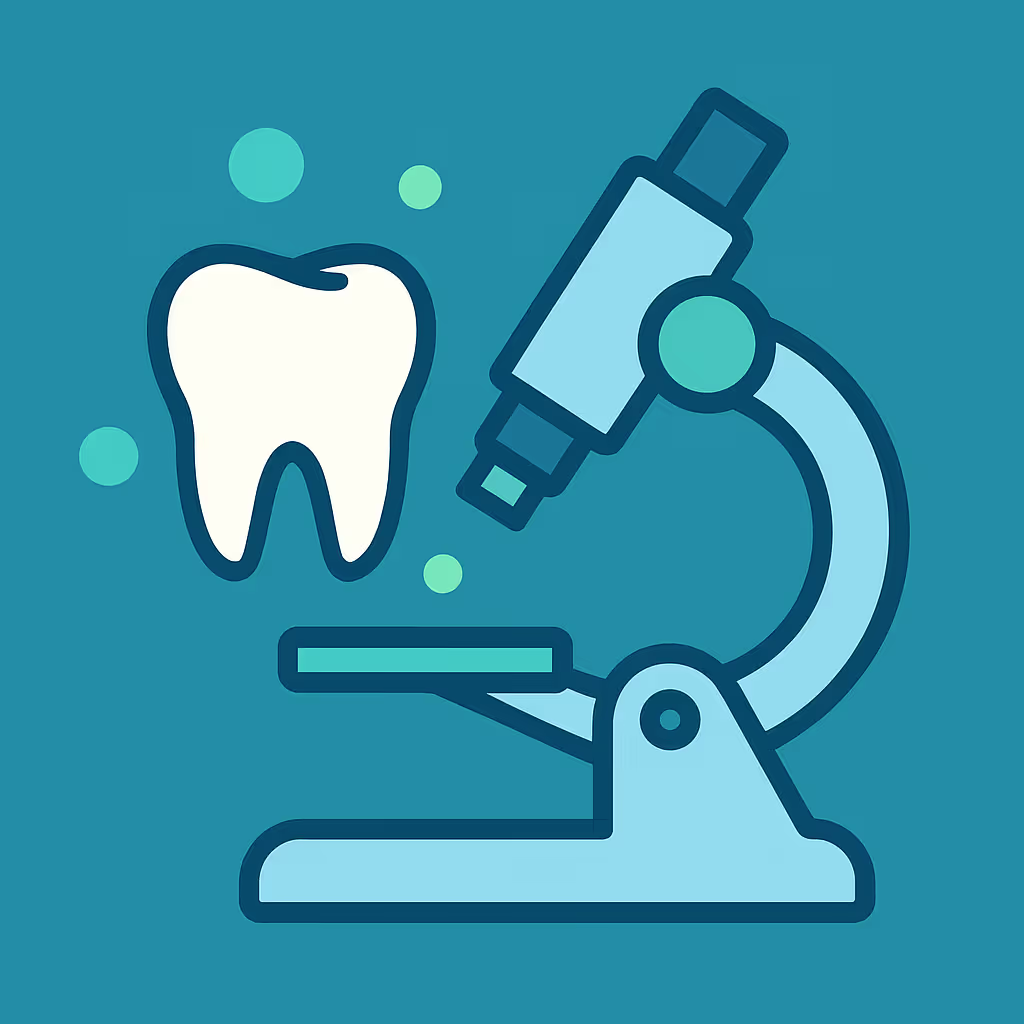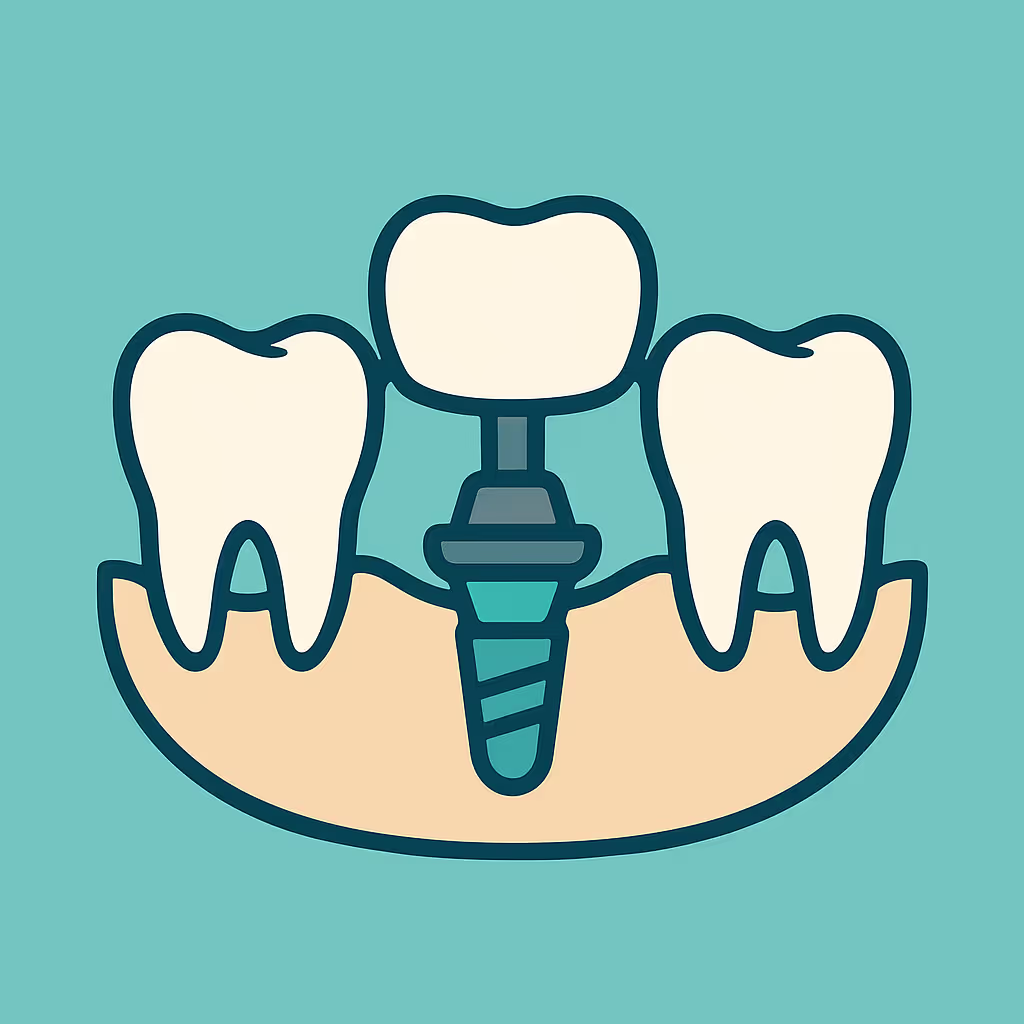Understanding Dental Code D0479
When to Use D0479 dental code
The D0479 dental code is designated for tissue in-situ hybridization, including interpretation. This CDT code is used when a dental provider performs molecular diagnostic testing on oral tissue samples, such as biopsies, to detect specific DNA or RNA sequences. In-situ hybridization is particularly valuable in diagnosing certain oral pathologies, including malignancies, viral infections, or genetic abnormalities. Dental offices should use D0479 only when the procedure is medically necessary and supported by clinical findings, such as suspicious lesions or persistent oral abnormalities that require further investigation beyond routine histopathology.
Documentation and Clinical Scenarios
Accurate documentation is crucial for successful reimbursement of D0479. The clinical record should clearly state:
- The reason for the tissue sample and the clinical findings that prompted the test.
- The specific tissue or lesion sampled.
- Details of the in-situ hybridization procedure performed.
- The interpretation and diagnostic outcome.
Common clinical scenarios for D0479 include evaluation of persistent oral ulcers, identification of viral infections such as HPV in oral lesions, or assessment of suspected oral cancers. Always ensure that the documentation supports the medical necessity of the test and includes the pathologist’s interpretation.
Insurance Billing Tips
Billing for D0479 requires attention to detail and adherence to payer guidelines. Here are best practices:
- Pre-authorization: Many dental and medical insurers require pre-authorization for molecular diagnostic procedures. Verify coverage and obtain written approval before performing the test.
- Accurate Coding: Use D0479 only for in-situ hybridization procedures. If a different molecular or pathology test is performed, reference the appropriate CDT code, such as D0486 for direct immunofluorescence.
- Supporting Documentation: Attach clinical notes, pathology reports, and the rationale for testing when submitting claims. This helps justify the medical necessity and expedites claim processing.
- Claim Denials and Appeals: If a claim is denied, review the EOB for specific reasons. Prepare an appeal with additional documentation, including clinical findings and literature supporting the use of in-situ hybridization for the case.
Example Case for D0479
Case: A 52-year-old patient presents with a non-healing ulcer on the lateral tongue. The dentist performs a biopsy, and the tissue is sent for in-situ hybridization to detect high-risk HPV strains. The pathologist’s report confirms the presence of HPV, guiding further treatment and referral to an oral surgeon.
Billing Steps:
- Document the clinical findings and rationale for advanced testing.
- Verify insurance coverage and obtain pre-authorization for D0479.
- Submit the claim with detailed clinical notes and the pathology report.
- Respond promptly to any payer requests for additional information or appeal if necessary.
By following these steps, dental practices can ensure proper reimbursement and support optimal patient care when utilizing the D0479 dental code.





